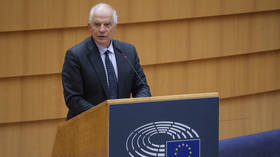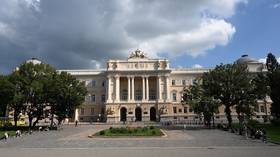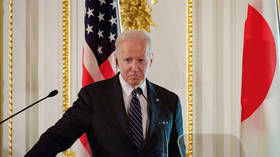Russia to bridge budget deficit with bond issue
Russia's budget deficit in January and February reached $6.6 billion, according to the Finance Ministry. The government hopes to limit the annual deficit to about 7% in 2010 and fill the gap between income and spending.
Russia will borrow from the international bond market this year for the first time since 1998 to cover the estimated budget deficit of about 7%.
It should have no problem attracting lenders. Russia has the third largest foreign exchange reserves and little government debt. In the short term the monetary effect will be virtually the same as drawing on the fiscal reserves, says Aleksey Moiseev, Chief Economist at Renaissance Capital.
“Russian sovereign Eurobonds, which are plenty for issuance this year, will help cover the budget deficit. This will have the same impact on money supply as would be drawing down on sovereign wealth funds. So in the short term I don’t really see any difference between issuing Eurobonds or drawing down reserve funds, Ministry of Finance Reserve funds, to fund the fiscal deficit.”
The limit for Eurobond issuance for 2010 is set at a little less than $18 billion, but Russia might go only for $5 billion in bonds according to Finance Minister Alexey Kudrin, thanks to the higher price of crude oil.
But Russia doesn’t have to borrow abroad. It could also issue government bonds at home, which would help develop Russia’s financial markets, says Ksenia Yudaeva, Head of Macroeconomic Research at Sberbank.
“Instead of increasing foreign borrowing we need to think more about developing domestic government debt market. It is a big problem for the financial sector. Right now there is a chance to restart this market. There is a huge demand for all kinds of fixed income instruments globally.”
Russia's sovereign bond market accounts for $44 billion. Opening it up to foreign investors might well increase the amount the Russian government can borrow.












